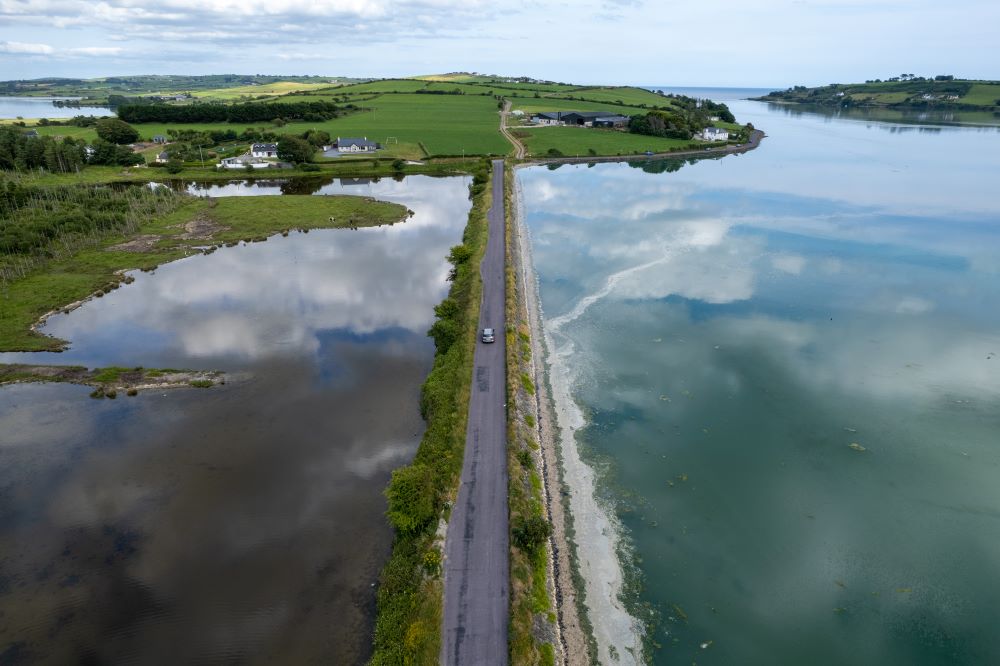An entrepreneurial ecosystem has been defined as “an interconnected group of stakeholders, within a particular geographic location who are committed to the development of the area through the support and facilitation of new sustainable ventures”.
In layman’s terms, such ‘ecosystems’ can be thought of as a large support network for businesses, encompassing anything and anyone that can help businesses start and grow, and who collectively provide services, funds, advice, rules and conditions that make success possible in that area.
Such ‘ecosystems’ are the threads that weave innovation, growth, and prosperity into the tapestry of a region’s economic development. However the challenges and opportunities in a rural setting, compared to higher populated urban areas, creates a clear distinction in how entrepreneurs operate, the services they have access to and how they support each other.
In rural regions, entrepreneurship often sprouts from the soil of necessity and ingenuity. With fewer jobs and resources, but a greater scope to identify gaps and create services, people are often driven to create their own livelihoods. This grassroots entrepreneurship gives rise to a unique ecosystem characterized by tight-knit communities and resourcefulness. Collaboration is not just a buzzword but a way of life.
Meanwhile, in cities and towns, entrepreneurs benefit from a closer proximity to markets, bigger populations, deeper talent pools and support services. Coworking spaces, incubators and mentorship programs provide ready-made outlets for aspiring business owners, whilst the synergy between businesses, universities and local government is usually stronger in these locations. However competition is also more abundant, and thus collaboration may not be as frequent or may take a different form.
While the landscapes may differ, the essence of these ecosystems remains the same: collaboration and support. Whether it's a rural village or a busy town entrepreneurs rely on each other and their communities to overcome challenges, identify opportunities and drive progress.
As we peer into the future, the importance of nurturing healthy entrepreneurial ecosystems in both rural and urban settings becomes clear. These networks are not just engines of economic growth, but pillars of resilience and community vitality that fosters collaboration between businesses, academia, and government, and thus reach right across society.
One of the research streams within Atlantic Futures (RS1) is working to compare entrepreneurial ecosystems across the west of Ireland, so that future decision, policy and change makers can better support businesses and communities across the region in the years to come, armed with greater insight and understanding.
In particular, our project is about figuring out how to kickstart, manage and boost local entrepreneurial ecosystems in Ireland and Northern Ireland, specifically in the Limerick City Region, Galway City Region, and the NorthWest City Region.
We’ll be conducting interviews, surveys and speaking to businesses and stakeholders across the region over the next few years, to create a better understanding of what works (and what doesn’t) - so that we can get a clearer picture of how to help local economies grow and create more opportunities for people in those areas.
This research is being carried out in collaboration between Ulster University, University of Galway and University of Limerick, with methodologies guided by the Global Entrepreneurship Monitor. The project is funded by The Higher Education Authority as part of the North South Research Programme.
For more information on Research Stream 1 - Comparing entrepreneurial ecosystems in rural regions with small cities and towns, or to get involved, please visit https://www.atlanticfutures.com/themes-and-research


